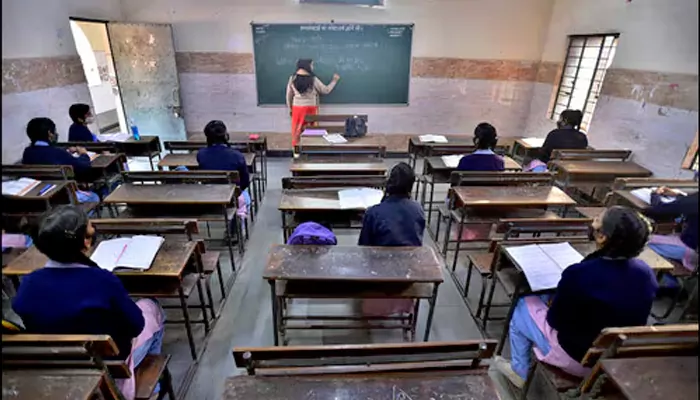A Pyrrhic Victory: The Need for Comprehensive Reform in India
India stands at a critical juncture where a strong, efficient government is imperative. The nation's potential for growth is immense, but this growth must be rooted in effective governance that addresses issues from the ground level where corruption often festers.
- Upasna Malhotra
- 14 June, 2024
- 2 mins ago

A Pyrrhic Victory: The Need for Comprehensive Reform in India
India stands at a critical juncture where a strong, efficient government is imperative. The nation's potential for growth is immense, but this growth must be rooted in effective governance that addresses issues from the ground level where corruption often festers.
The Need for a Strong Leader and Beyond
A strong leader is undeniably essential, but leadership must be complemented by a cadre of dedicated, selfless leaders across various sectors. Prime Minister Narendra Modi has been a significant figure in Indian politics, but the recent elections have underscored that his leadership alone is not enough. The electorate's mixed response suggests a broader dissatisfaction with the current political landscape.

Coalition Government: A Mixed Bag
The formation of a coalition government, with various cabinet positions allocated to different parties, presents both opportunities and challenges. It's crucial that this coalition be assessed critically to ensure that it functions effectively and addresses the nation's needs comprehensively. The fragmented nature of the current political scenario reflects a lack of cohesive progress among parties, necessitating a reevaluation of strategies and alliances.
Focus on the Middle Class
While schemes like Ujwala and Awas Yojanas are beneficial, there's a pressing need to focus on the middle class, which contributes significantly to the nation's tax revenue and overall development. Providing more benefits and support to this demographic could enhance their contribution, thereby driving national growth.

Education: A Sector in Need of Reform
Despite notable growth in various spheres over the past decade, many Indians still face severe struggles. The education sector, in particular, requires a major overhaul. Private schools often charge exorbitant fees, which needs to be regulated by the government to ensure affordable, quality education for all.

Real Estate and Environmental Concerns
Even with the implementation of the Real Estate (Regulation and Development) Act (RERA), violations of environmental regulations persist, posing significant risks for the future. Strict enforcement of these regulations is necessary to safeguard the environment and public health.
Health Sector Improvements
The health sector also demands substantial improvement. The government should invest in more hospitals with better facilities and enforce stricter regulations on chemical and pharmaceutical companies. Increasing the availability and affordability of laboratory tests and ultrasound machines is crucial for public health.
Encouraging Startups and Youth Entrepreneurship
While efforts to influence the global diaspora and create international impact are commendable, fostering a robust startup culture within India is equally important. Supporting young entrepreneurs with favourable terms and conditions can spur innovation and contribute significantly to the country's economic growth.
Conclusion
India's path to growth requires a multifaceted approach, with strong leadership, effective governance, and support for the middle class, education, health, and startups. Only through a collective effort can the nation realise its full potential and address the myriad challenges it faces at the grassroots level.
I, Upasna Malhotra, a budding writer, graduated in Chemistry from Hindu College. My professional background lies in Digital Media Business Development. Alongside my work in various media organisations, I am also involved in running my own venture.






